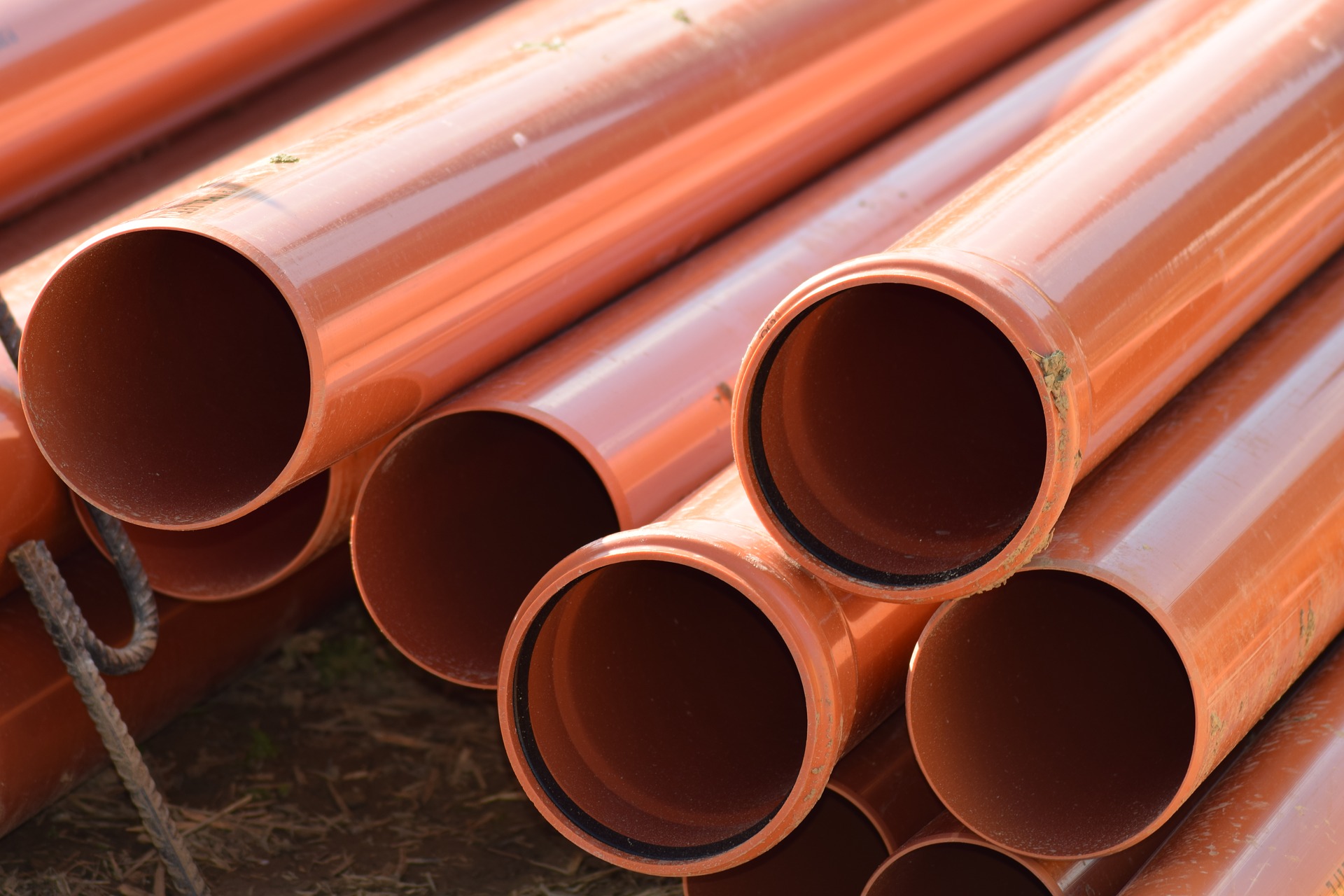Relining pipes is a popular practice in modern pipe repair. Like trench pipe repair, the procedure aims to rid properties of leaky pipes, but CIPP is done differently. By inspecting and relining pipes through a small access hole, CIPP saves costs and time for property owners.
Fortunately, CIPP is accessible and available for all kinds of pipelines across the US. Unlike trench repair, pipe relining won’t raise roads or damage landscapes, so all kinds of properties can enjoy the perks. However, some businesses and firms still struggle with choosing a go-to pipe solution.
Read on as we explore relining pipes, how it works, and whether you should consider relining your pipe systems.
What Is Trenching, Anyway?
Trench repair is a traditional form of restoration that requires experts to dig and replace the entire pipeline. While the operation is widespread, property owners spend several thousand dollars digging a trench and replacing a steel line.
As businesses have developed, the concept of halting industrial procedures for trenching is simply too inconvenient. Enter CIPP – where property owners finally have the chance to quickly and quietly repair their pipes.
Like many other procedures, some property owners still use trenching. But the charts are low for conventional repair, as property owners look toward improving outcomes for their customers and employees.
Why Is Relining Pipes Better Than Digging Them Out?
The simple answer is convenience. Trenchless repair, like relining pipes, protects businesses from the chaos and confusion associated with trenching. But that is only one advantage.
Here are some ways relining pipes beats digging them out:
- It prevents waste: A great deal of waste is generated every time property owners use trench repair. It poisons the air around the site by releasing carbon emissions, and it lays the existing pipe to waste. In contrast, relining pipes is a bio-friendly method because it uses a plant-based substance to seal out cracks and leaks.
- It minimizes costs: One main perk of CIPP is its economical nature. For example, CIPP needs fewer technicians, equipment, and costs for a successful procedure. From personnel to equipment and repairs, it reduces operating costs for property owners.
- It is versatile: Relining pipes is your closest option to affordable and versatile repair. Unlike trench repair, which can just be impractical, CIPP covers virtually all lines. It applies to pipes made with concrete, PVC, and steel, and experts use it on pipes with varying diameters.
Overall, relining pipes is the preferred option for property owners who don’t want to face downtime and damage. But you must always reach out for prompt assistance before the damage becomes a structural mess.
Call a Professional
At Dallas CIPP, we have a team of specialists who are equipped and certified to reline pipes and return them to their pre-damage state. Contact us, and we’ll conduct a video inspection and determine if relining pipes is best for your situation. We want to hear from you!
